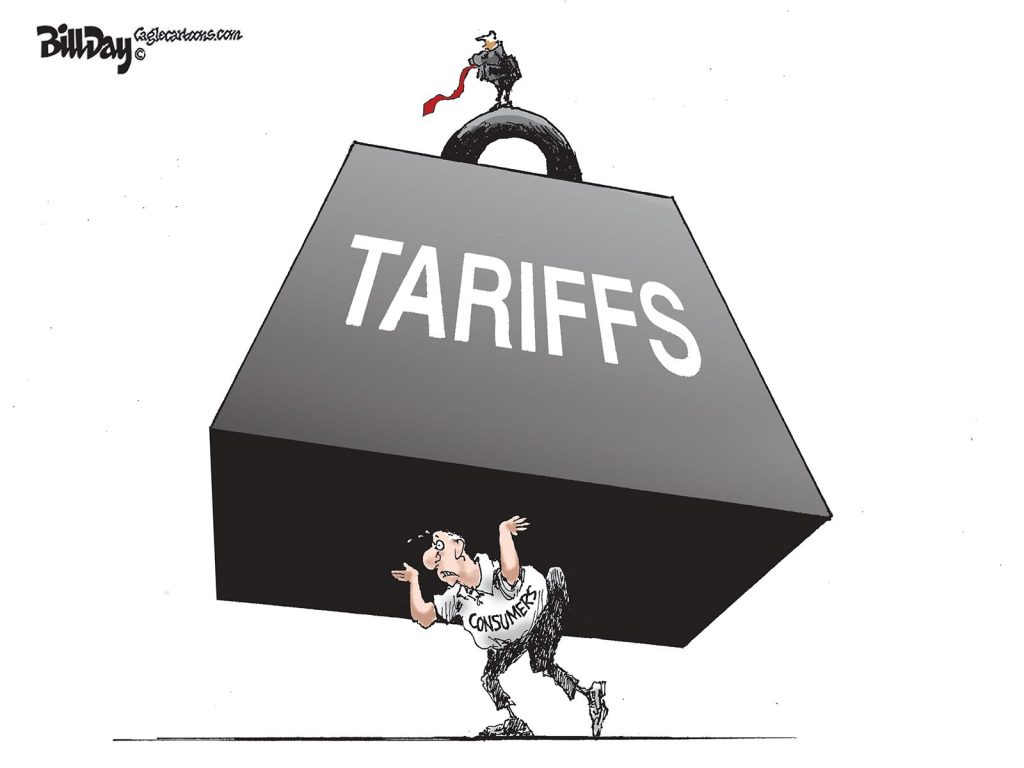Things are just too scary outside Memphis.
In Bartlett, another missing person ended up being murder. It comes at the same time that many residents of the town wring their hands because they think a proposed government merger is sure to bring in more crime.
For the record, no citizen of Memphis was involved in any of the Bartlett murders.
Mapped Out
How often have all of us heard some person outside Memphis tell the media that they don’t want to be annexed by Memphis and they don’t want to unify the governments because they don’t want the increase in crime?
Apparently, a large part of these folks believe that criminals are issued maps of Memphis and until an area is annexed, criminals aren’t authorized to go into outside Memphis.
As for Bartlett, the truth is that the three recent murders shouldn’t really create any deep concern in the city because they were personal crimes and put no one except the victim at risk.
Life Support
Meanwhile, Collierville was the site of our region’s first swine flu case. That too had its element of irony since it was one of the towns arguing that there’s no reason that its citizens shouldn’t help fund the Memphis and Shelby County Health Department. After all, it’s Memphis that has the health issues, they say.
Of course, ignored in the rhetoric was the simple fact that the Health Department does more than operate health clinics. It also protects our water and our air, it registers vital statistics, and contrary to myth, citizens of these towns – especially Collierville and Bartlett – do in fact use the health services of the department.
As part of the Memphis City Council’s crusade for fair taxes for Memphians, city funding for the Health Department has been threatened and is likely to be eliminated over time. Shelby County Government’s plan was to meet with the town mayors to request financial help with the operations of the department so that Memphis taxpayers aren’t the only ones paying twice of health services.
E Pluribus Unum
So, we wonder if Collierville’s attitude toward the health department has changed in light of the crucial role that its professionals played in the wake of the swine flu case.
For us, it just underscores the reason that all of us should reject parochial, “us versus them” thinking. The high-profile crimes may have happened in Bartlett (once again reminding us how much media attention white victims get) and the swine flu may have shown up in Collierville, but all of us should care about our neighbors in the ‘burbs.
We are totally willing to help Bartlett and Collierville whenever we can, and maybe, just maybe, they see that they really aren’t all that different than the rest of us. Our strength is in working together and nothing less should be tolerated.
No Question About #1
Finally, what is it with private schools? None of the swine flu cases in Tennessee have been found in public schools, contrary to the conventional wisdom of the news media. All three were in private schools.
As for crime, there’s no question it remains the #1 problem for our region. Everyone from FexEx founder Fred Smith to the owner of the corner grocery knows it.
About a century ago, Memphis was named “Murder Capital” of the U.S., and somehow, we’ve never shaken that culture of violence. Recently, Memphis was named America’s second most dangerous city.
The Alarm Is Sounding
It’s not like we need a wake-up call, because we’ve already had dozens. But here’s what gets our attention. Most of the problems ascribed to Memphis are actually regional in nature. It’s not just Memphis heading up the city lists of troubling civic indicators. It’s the entire region.
So, it’s not only short-sighted, divisiveness is actually self-defeating because we’re at the point where it’s going to take all of us working together to say enough is enough and it’s going to take all of our law enforcement agencies coordinating their work to have maximum impact on crime.
Our city’s second place ranking did almost as much damage to our reputation as it did to Attorney General Bill Gibbons’ law-and-order gubernatorial bid. There are some encouraging signs that our crime rate has topped out and that we are finally making a dent in the number of crimes in the key categories.
A few law officers have suggested that the statistics showing major reductions in crime are a generous look at trends, so we’re certainly hoping that the numbers are the numbers. All of us want to know exactly how we’re doing. The only thing worse than our crime numbers is spinning them.

